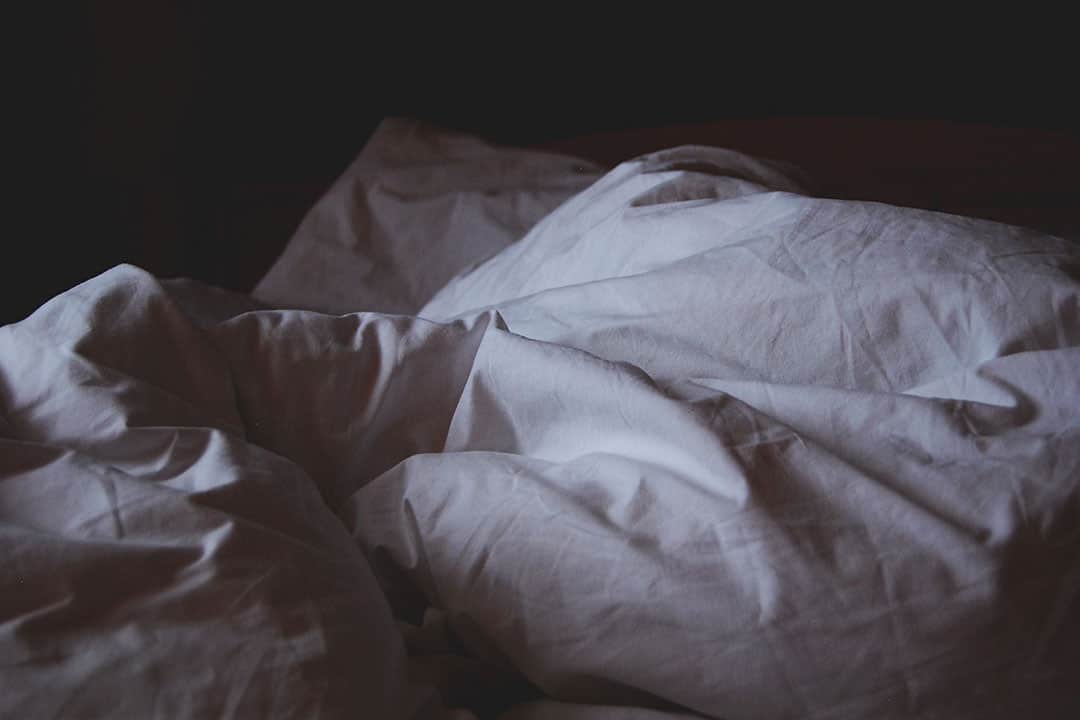The negative relationship between sleep and mental health.
Once upon a time, sleep problems were thought of as just symptoms of mental health conditions, but now research tells us that they may contribute to or even be a cause of them.
Sometimes when we really want to get a good night’s sleep and set ourselves up for a productive day ahead, it doesn’t seem possible at all! It’s something we’ve all experienced – no matter how tired our body is, our mind just won’t shut off. Dealing with the rare restless night is one thing, but for many people, restlessness isn’t an isolated incident.
Several studies have looked at the relationship between sleep and depression in young people and found that their sleep problems began before their depression did.

Sleep disorders involve problems with the quality, timing and amount of sleep, which cause problems with functioning and distress during the daytime. Sleep disorders are potential symptoms of almost every psychiatric illness and left untreated, the sleep problems associated with mental health disorders can be particularly dangerous, since it also affects us physically too (such as weakened immune systems which in turn makes us susceptible to further illnesses).
There are a number of different types of sleep disorders, of which insomnia (inability to sleep) is the most common. Sleep disorders often coexist with anxiety and panic disorders, depression, ADHD, schizophrenia, and bipolar disorder. Problematically, sleep issues associated with these mental health disorders make it more challenging to manage symptoms because together, they exacerbate the effects of each other, creating a classic negative feedback loop, and once they get started, can become a downward spiral which makes treatment of both conditions difficult.
When we sleep, we cycle through different stages of rest – REM and non-REM sleep. Studies have shown that REM sleep helps our brains improve learning skills, memory, and overall emotional health. When this type of sleep is disrupted, our neurotransmitters and stress hormones are also disrupted. This disruption can intensify any already-present symptoms of mental health conditions and vice versa.

There are number of ways a mental health problem can affect our sleep or vice versa:
- Anxiety can cause thoughts to race through our minds, making it difficult to sleep. It can have a cyclical relationship because losing quality sleep can amplify symptoms of anxiety.
- Depression and seasonal affective disorder (SAD) can lead to oversleeping – either sleeping late in the morning or sleeping a lot during the day. Experiencing difficult or troubling thoughts as part of depression can also cause insomnia. Various studies have shown that up to 90% of adults and children with depression also suffer from some form of sleep issue, with insomnia and sleep apnoea (person’s breathing is interrupted during sleep) being the most common conditions.
- Post-traumatic stress disorder (PTSD) can cause nightmares and night terrors, disturbing our sleep. This can mean feeling anxious about falling asleep, which could lead to insomnia.
- Paranoia and psychosis may make it difficult for us to sleep. Hearing voices or seeing things that are frightening and experiencing disturbing thoughts, make it hard to fall asleep.
- Mania often causes feelings of energy and elation, where one might not feel tired or want to sleep. Racing thoughts caused by mania can make it hard to fall asleep and may cause insomnia.
- Psychiatric medication can cause side effects including insomnia, disturbed sleep or oversleeping or experiencing withdrawals from substances can reduce the quality of sleep.

Recognising the power of sleep and its relationship with mental health is more vital than ever in today’s busy, restless culture. Understanding how one affects the other not only helps in getting the most accurate diagnoses, but also aids in improved treatments for both conditions.
From the above, we realise getting a good night’s sleep really can make a difference to people’s psychological health; improving one’s sleep quality can be an important first step in tackling many psychological and emotional problems.
Can you think of a time where you noticed how not getting enough sleep has affected you in a situation?




